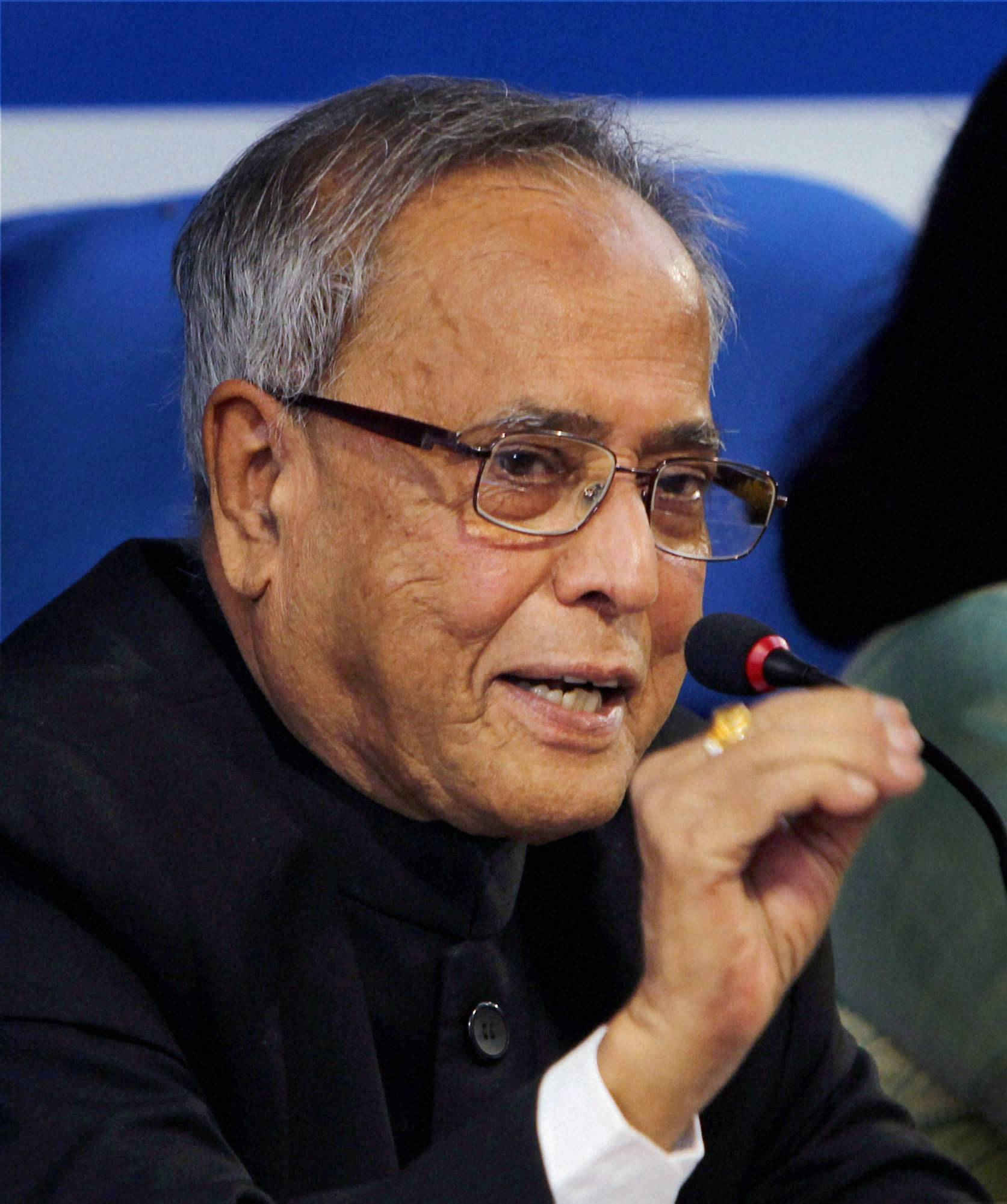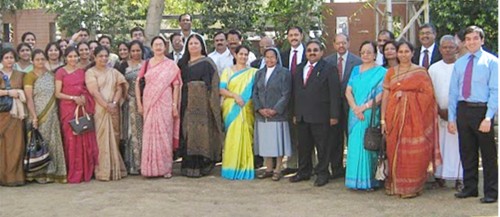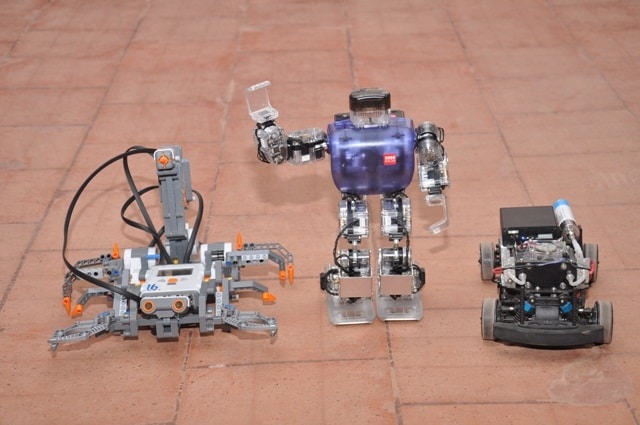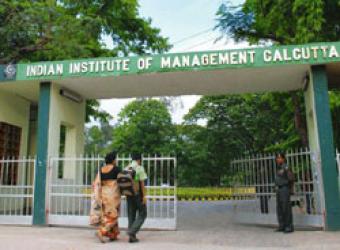 Dr. Debashis Sanyal, Dean – School of Business Management, NMIMS in a conversation with Veena Kurup shares his views over the need and importance of placement reporting standards in B-Schools.
Dr. Debashis Sanyal, Dean – School of Business Management, NMIMS in a conversation with Veena Kurup shares his views over the need and importance of placement reporting standards in B-Schools.
Placement Reporting Standards has been the limelight discussion topic among the B-Schools in India. Share us your views over the need and importance of such standards in B-School institutions?
Placement reporting systems primarily help the students, who are aspiring for a quality education and bright career, while opting for admissions at the B-School institutions. Such effectively maintained systems also assist the students in gaining full knowledge about the institution’s services as far as placements are concerned. Following and maintaining a placement reporting systems is very critical and crucial aspect for the functioning of the B-School institutions.
However, there are other important aspects as well which needs to be considered while opting for admissions, like the curriculum standards and education pattern followed etc. Effective reporting systems are even required for highlighting these factors, which will ultimately aid the students in settling for an ideal choice.
What is your outlook upon the Indian Placement Reporting Standards (IPRS) which was introduced by IIM Ahmedabad? How do you review its acceptance and applicability among the B-Schools in India?
Narsee Monjee Institute of Management Studies (NMIMS) does not follow the IPRS system that was initiated by IIM Ahmedabad. Considering the scenario prevalent among the B-School institutions across India, only few institutes are following IPRS. The system has not gained much acceptability among the B-School institutions, mainly because the market does not demand the requirement for IPRS. Every institution has its own system of Placement Reporting Standards.
Can you share with us NMIM’s reason for not implementing and following IIM Ahmedabad initiated IPRS?
We have our own system of reporting standard and are quite happy with its functioning. Moreover, the market as a whole does not demand its necessity. We didn’t feel the standard good enough for us to accept it; secondly we are repeatedly gaining positive results from our own standard system. Our student body and stakeholders have never till date raised a need before us to change or replace the existing system, neither have they ever doubted the integrity of our system. We maintain a honest transparent approach in the placement reporting systems and even the ranking agencies have analyzed our performance and accepted its effectiveness.
The standards followed in NMIM’s placement reporting system is similar to the ones being followed by most of the B-Schools in the country. We focus on representing and reporting the factual figures. But, we also consider the privacy concerns of our students and recruiters. For instance, if a student or a recruiter request on not disclosing their placement details, our system respects their privacy. NMIMS provides quality recruitment standards and placement offers to students.
IPRS provides little or no scope for alumni participation in its clauses. How favorable has been NMIMS Placement Reporting System in enabling effective alumni contribution?
Alumni are a crucial and important part of our system and our institution. Regular alumni holdings are conducted, wherein they assist our students through mock interviews and mould them to get ready for placements. Further, they also help us in developing our curriculum and courses. Effective and well-coordinated alumni participation has been a great contribution towards the success of NMIMS placement standards. We uphold our active alumni participation as one amongst our major USPs.
What role does the placement reporting standards play in gaining a robust inflow of recruiters towards the institution? How has been the recruiter response received by NMIMS?
The recruiters are generally not concerned about the placement reporting standards being adopted and followed by a particular institution. Instead, they are more focused towards the quality of the students’ offered – lateral thinking and radical skills of students, curriculum, educational patterns etc delivered by the institutions. Hence, these placement reporting systems do not have much importance in encouraging the recruiter inflow. We have come across instances where the recruiter refrains from publishing his/her company name or the salary being offered.
NMIMS is repeatedly gaining positive results and active recruiter participation from various sectors. We are successful in providing the standards that our students demand and have got about 100% placement results over the years.





























